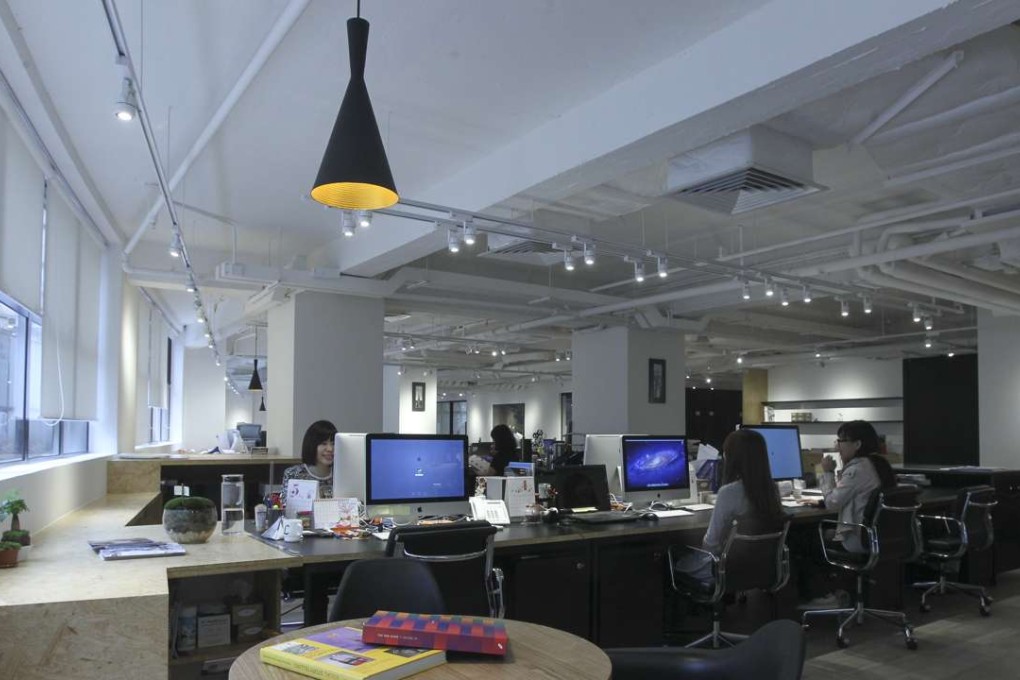Why instilling fear in your workers just won’t work
Creativity is often a casualty in work environments where employees are fearful of making mistakes

As you fly into Hong Kong – or indeed any major business hub – it is fascinating to look at your fellow business people as they get out of the plane, prepare to take the train into the office and settle once again into a round of office politics.
Some workers will be keen to get straight back to their desks. Others are clearly terrified of the prospect, and it is likely that those are the workers where concern over the bosses’ behaviour has turned firstly into worry and then good old-fashioned fear.
Now the idea of using fear to drive performance in workers is not new – indeed it is quite usual to be careful around the person who runs the organisation. Italian philosopher Niccolo Machiavelli once said that “if a leader could either be loved or feared, it is better to be feared because it is more effective”.
While fear tactics may get employees to work harder, in situations of fear the employees may be less able to generate higher-quality work that involves creativity
Certainly Machiavellian tendencies often run through upper management. However, instilling fear may not improve performance in the modern workplace, and indeed it can be counterproductive.
New research from the UNSW Australia Business School indicates workers who fear their boss are likely to be less creative. By contrast, a person who is given rewards and new experiences will be much more creative in the workplace.
It is common for many organisations put pressure on their employees with fear of negative consequences such as stringent performance targets, reprimands or even the threat of job losses and redundancies. However, if you are in middle management, perhaps you should step back and ask if that is what really works.
While these fear tactics may get employees to work harder, in situations of fear the employees may be less able to generate higher-quality work that involves creativity. To facilitate creativity, organisations need to help employees be relaxed and stay in a positive mood rather than working under fearful conditions.
